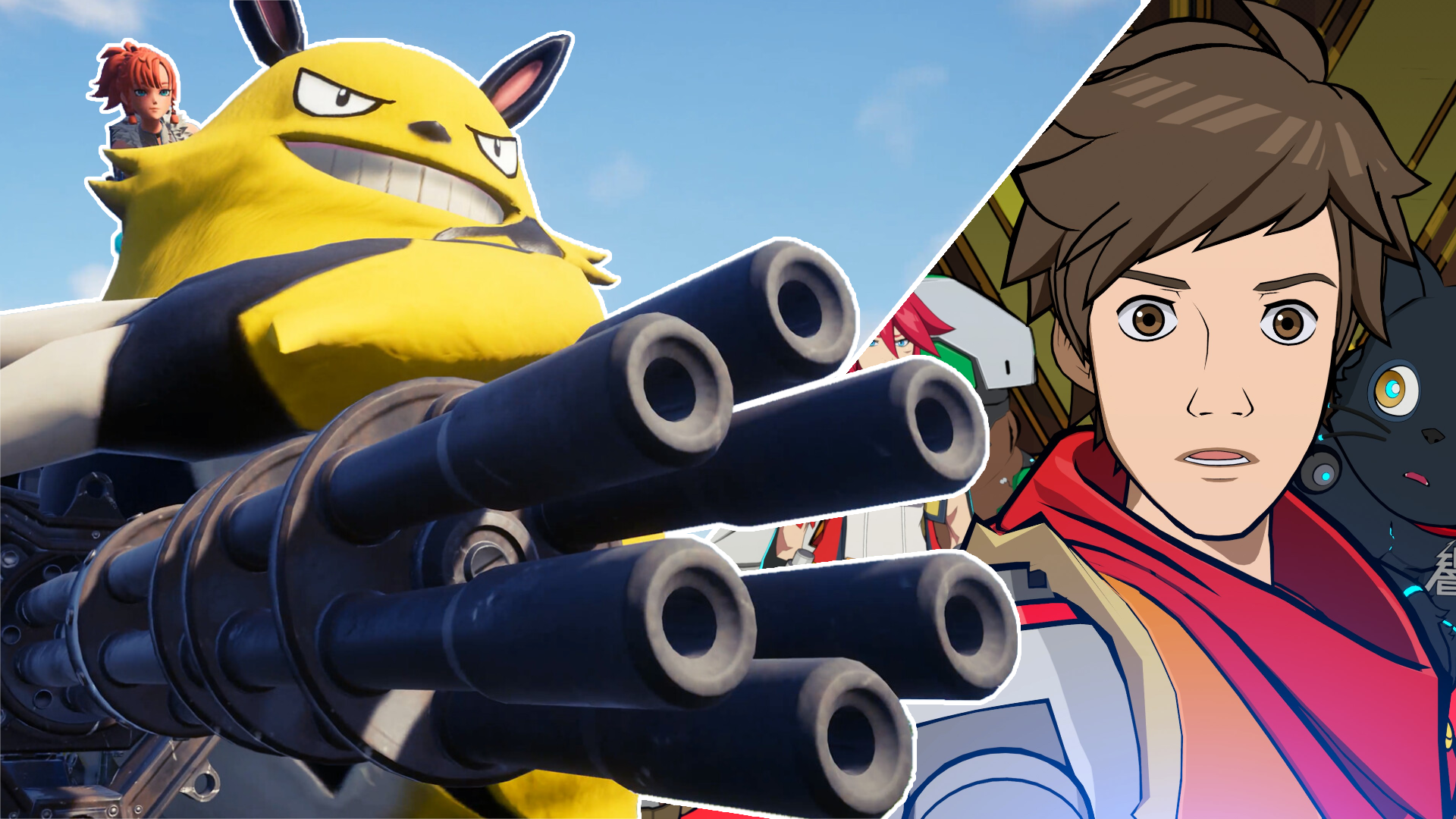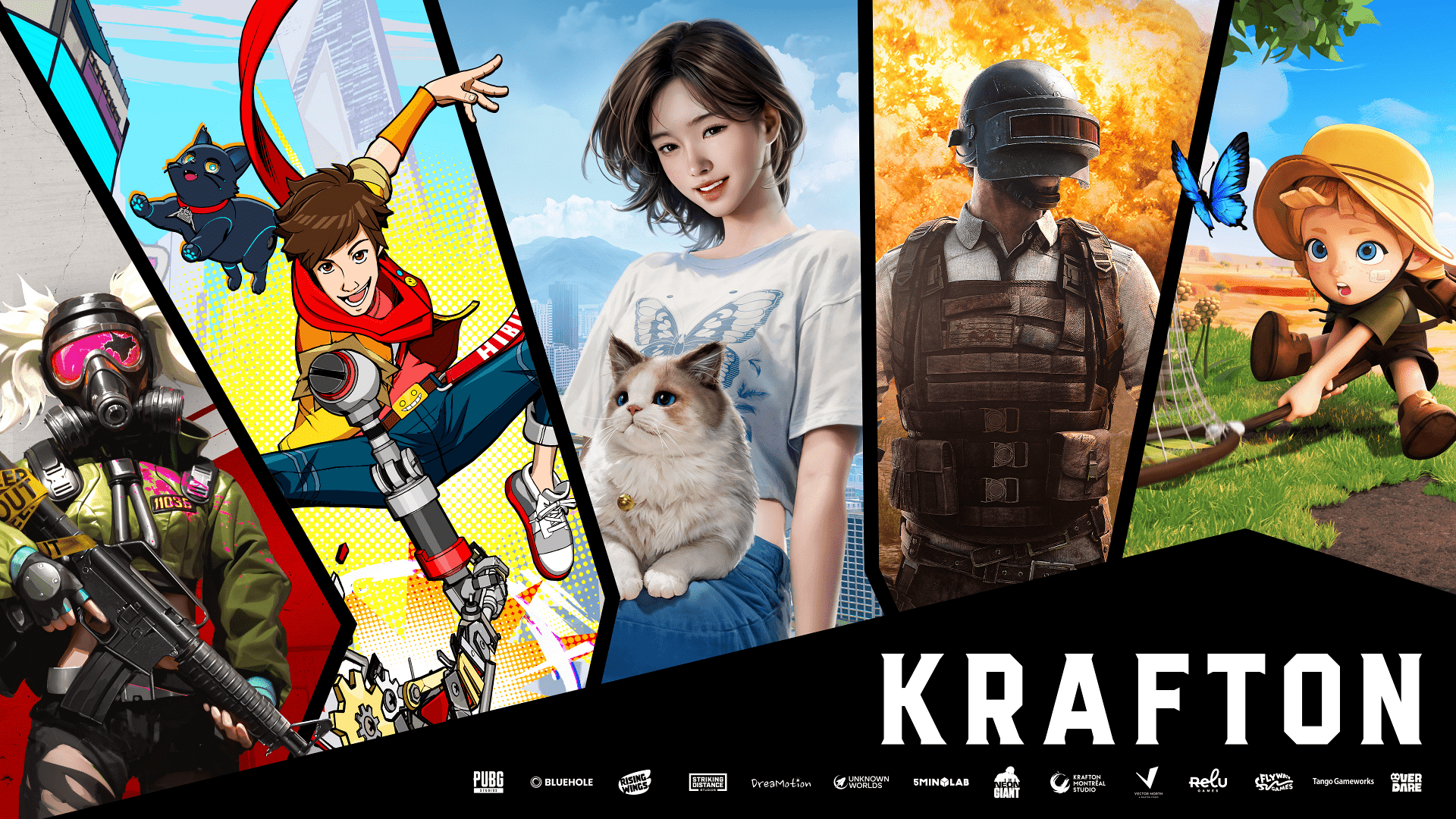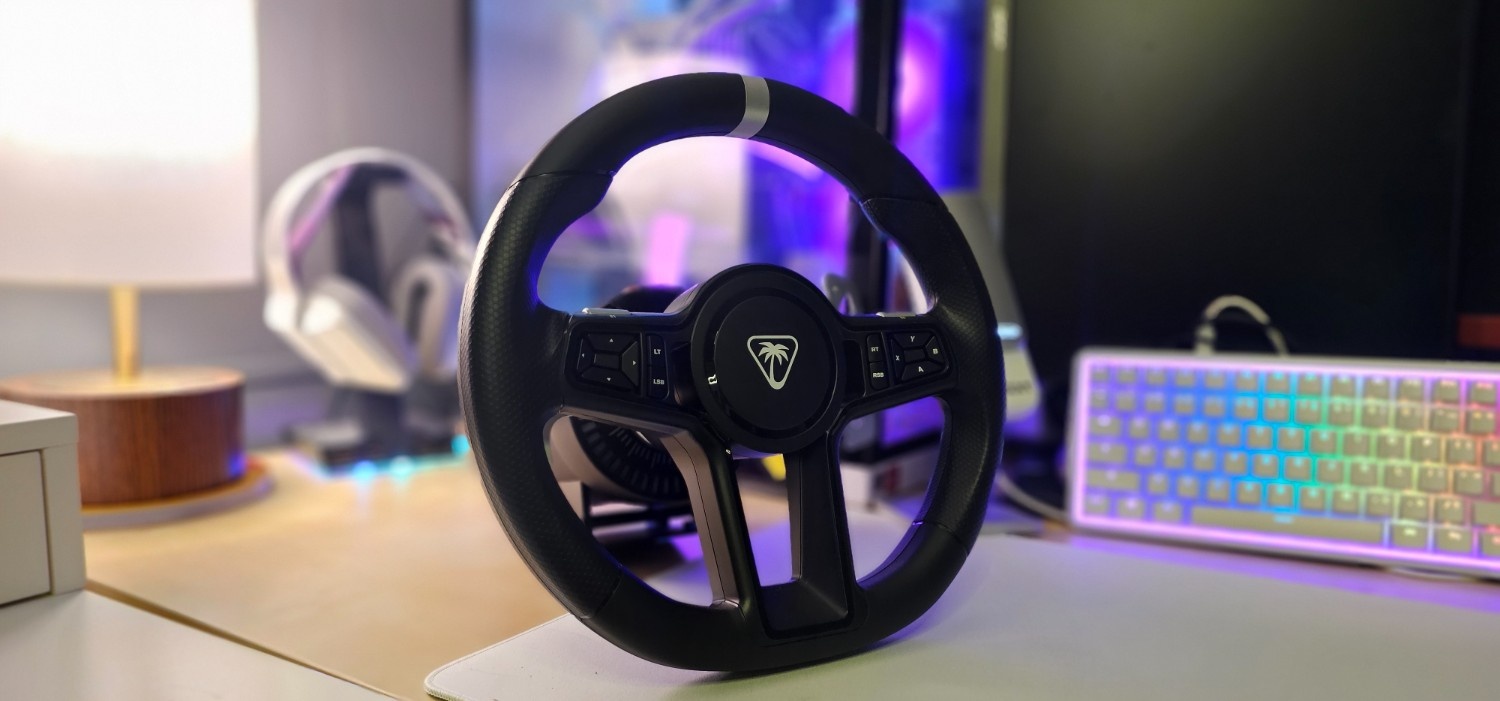Gaming’s AI crossroads: PUBG maker leans in, Palworld pushes back. Here's what's going on.
Krafton is going all in on AI and automation, while Palworld creator Pocketpair rejects it entirely, showing how divided the gaming industry has become over the future of creativity.

All the latest news, reviews, and guides for Windows and Xbox diehards.
You are now subscribed
Your newsletter sign-up was successful
Another day, another round of AI-fuelled news — and this time, it’s Krafton making headlines. The studio behind PUBG, and the one that acquired Tango Gameworks after Microsoft closed the studio in 2024, has announced plans to go all in on “Agentic AI” and automation — a move that some worry could put people out of work.
On the other side of the coin, Palworld creator Pocketpair — currently in a legal battle with Nintendo — has taken the opposite approach. The studio says it’s rejecting generative AI entirely in its new publishing division, marking a refreshing change of pace in an industry where tech giants like Microsoft are making billion-dollar AI deals seemingly every week, and more companies are embracing automation than ever.
Inside Krafton’s ‘AI First’ transformation

The announcement came in a press release post on Krafton’s website, marking a major shift in how the company operates. Krafton explained that it won’t just be using AI tools, but restructuring itself around them, with the goal of adopting “Agentic AI” — systems capable of setting goals, planning, and acting independently to handle repetitive tasks and analytical work.
To back this up, it is investing approximately 100 billion won (around $72 million USD) to build a massive GPU cluster powered by NVIDIA’s latest B300 AI chips.
The hope is that this will free up developers to focus more on the creative side of game development and complex problem-solving. Krafton’s strategy is built on three pillars: fostering an AI-first culture through internal education and hackathons, innovating its organizational structure with specialized R&D teams, and reinvesting time saved from automation into creating new games.
To ensure its employees are on board, the company is also setting aside 30 billion won (about $22 million) each year from 2026 to help them use and experiment with AI tools directly.
For those unfamiliar, Krafton is the studio behind PUBG, the massively successful battle royale game. It also made headlines earlier this year for acquiring Tango Gameworks, the studio behind Hi-Fi Rush and Ghostwire: Tokyo. Tango was previously owned by Microsoft and was among the studios affected by the company’s 2024 closures and layoffs. Krafton’s acquisition gave the developer a second chance — at least for now — to keep creating.
All the latest news, reviews, and guides for Windows and Xbox diehards.
This isn't a distant plan, either. Krafton has set an ambitious timeline to have its company-wide AI platform and management systems fully operational by the second half of 2026.
Palworld’s stand against generative AI
Unlike Krafton, which is positioning itself as an AI-first company, Pocketpair — the creators of the massively successful Palworld — is taking the opposite stance, opposing the use of generative AI entirely.
Earlier in 2025, Pocketpair launched its own publishing division and received more than 150 pitches in its first week. The division is headed by John Buckley, who has been open about his stance, saying he doesn’t believe in AI. As a result, the team refuses to publish any game that uses generative AI, Web3, or NFTs.
Palworld itself faced accusations in 2024 of using AI-generated assets, which Pocketpair denied. Buckley when speaking to Game Developer at Gamescom Asia, has warned that we’re about to see a flood of “low quality AI-made games” appearing on Steam and other stores — something that’s already starting to happen. Fortunately, Steam now requires developers to disclose whether AI is used in their games.
It’s refreshing to see Pocketpair take such a firm stance against something that could genuinely harm the creative side of gaming, especially as AI becomes increasingly normalized. It marks a stark contrast to Krafton’s approach, showing how divided the industry has become over the future role of AI in game development.
The growing divide over AI in game development
It seems Krafton and Pocketpair represent two sides of a growing dilemma in gaming. As companies like Microsoft continue pushing toward an AI-driven future, with generative AI now being used in Call of Duty and Krafton rebranding itself as an AI-first company, it’s setting a worrying precedent for many.
For me, Pocketpair stands out in defiance. Smaller indie studios keep proving that success doesn’t require AI to trim down workflows or replace creative roles. These teams often break through the cracks precisely because of their authenticity, not despite it.
Over on X (formerly Twitter), the mood is clear — the majority of users seem strongly against AI, much like the backlash during the NFT boom. Posts protesting the use of AI regularly go viral, and I think it reflects how many of us feel: that companies fully embracing these tools to replace workers come across as tone-deaf and out of touch with the wider community.
FAQ
What does Krafton mean by an “AI-first” vision?
Krafton plans to integrate artificial intelligence across its game development pipeline — from asset creation to gameplay systems — aiming to boost efficiency, creativity, and scalability.
Why is Palworld’s studio rejecting AI?
The developers behind Palworld have stated they won’t use AI tools in their workflow, citing concerns about originality, artistic integrity, and the potential impact on human creators.
Is this divide common in the gaming industry?
Yes — studios are increasingly split between embracing AI to streamline development and rejecting it to preserve traditional craftsmanship and job security.
What are the risks of going “AI-first”?
Critics argue that overreliance on AI could lead to homogenized content, ethical concerns around training data, and reduced opportunities for human artists and designers.

Follow Windows Central on Google News to keep our latest news, insights, and features at the top of your feeds!

Adam is a Psychology Master’s graduate passionate about gaming, community building, and digital engagement. A lifelong Xbox fan since 2001, he started with Halo: Combat Evolved and remains an avid achievement hunter. Over the years, he has engaged with several Discord communities, helping them get established and grow. Gaming has always been more than a hobby for Adam—it’s where he’s met many friends, taken on new challenges, and connected with communities that share his passion.
You must confirm your public display name before commenting
Please logout and then login again, you will then be prompted to enter your display name.
